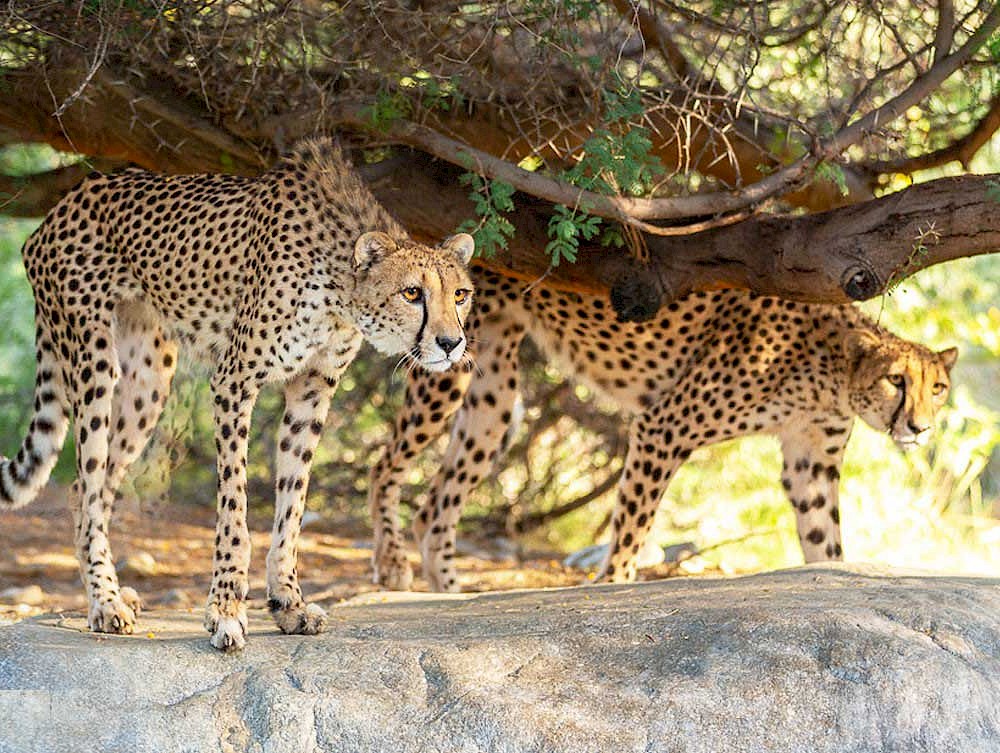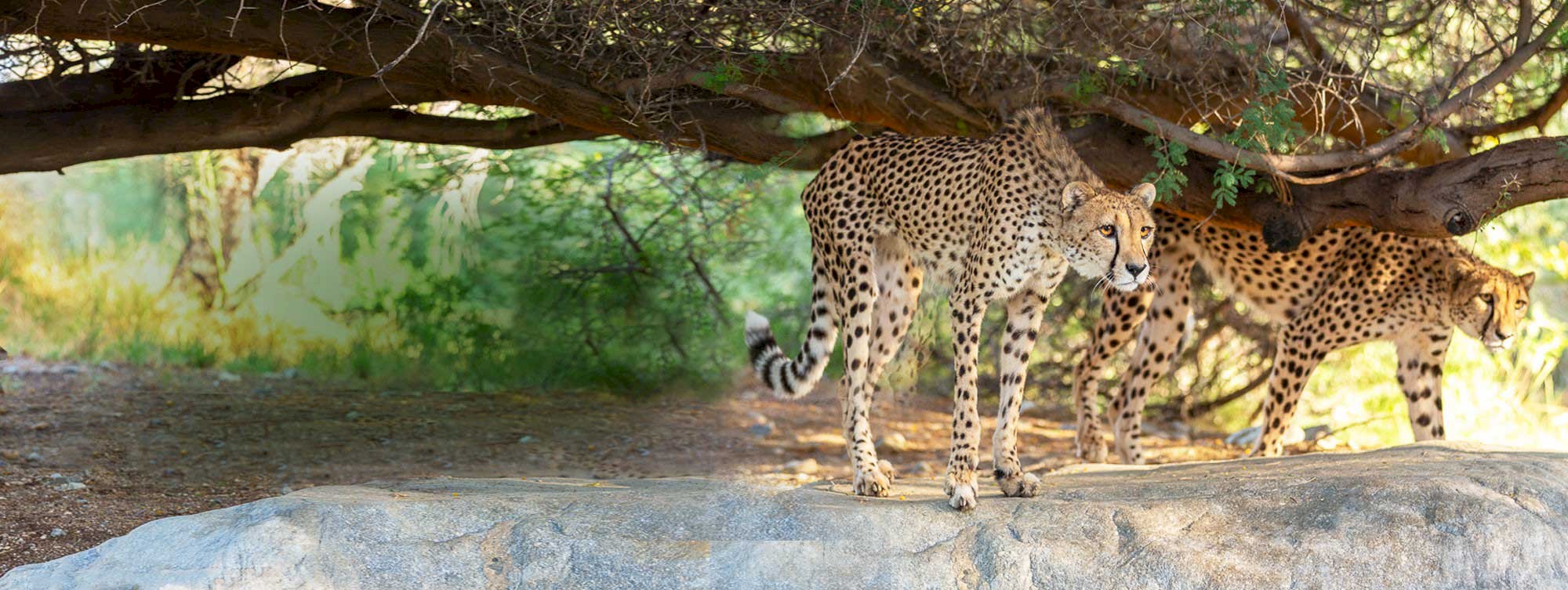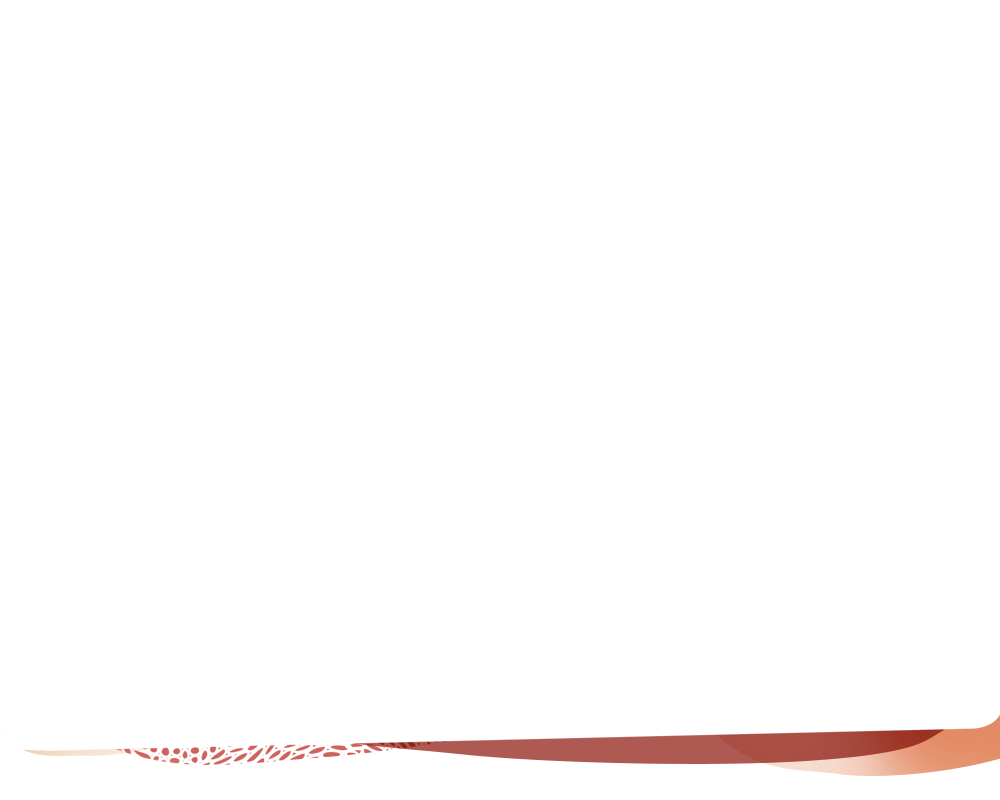Improving How Protected Areas in Africa are Managed with the Southern African Wildlife College
August 31, 2022
By James Danoff-Burg, Director of Conservation
It’s Happening!
After many years in the making, including a lot of my own efforts over the last year, the Southern African Wildlife College is rolling out the first class in the Diploma in Natural Resources Management tomorrow! Okay, so it’s not the actual beginning of the course, but only the first of two pilot modules. Nonetheless the 7-week pilot module focusing on Conservation Technology begins in less than 24 hours!
And, I am nervous. I’ve been advising the College on how to make online education both engaging and accessible for field rangers across Sub-Saharan Africa. In this role I’ve worked with them to rather dramatically adjust how they were planning to deliver the classes online. I am rather comfortable with many (most?) of the strategies for teaching online. I have been teaching online for 23 years dating back to the very early years of the rush towards online education when I was a professor of conservation biology at Columbia University in New York City. Irrespective, as I said, the College has restructured much of how they were planning to offer these classes online at my rather strenuous suggestions and I feel like the pressure is on me to make it engaging for the students, as much as it is on the College for the content.
It’s not exaggerating to say that this Diploma in Natural Resource Management is a big deal. The College, based in South Africa, has come up with this three-year hybrid training program for lower level rangers to facilitate them becoming the future leaders of protected land management all over the 16 countries in Southern Africa. By offering the first two of three years of the program online, it greatly increases access for rangers and the protected areas that employ them. Allowing their rangers to take a leave for all three years of the training program is infeasible in terms of the economic and staffing challenges it would pose. By having the first two years online, rangers can continue to work as well as learn. Additionally, because they are going to require that the assignments in the course be threaded together in a final integrated project report, they will be creating useful reports and summary documents that their employers can use. I’m rather proud of that last bit as that was also my suggestion! Then, the third year would bring them on campus so that they can collaborate with world-leading conservation scientists at the College.
We’ve been hard at work on this course, and I am really proud of my colleagues at the Southern African Wildlife College. This is a truly transformative educational and training opportunity that they have developed over the last 3 years. I feel really lucky to have been able to help put the polish on the apple before it formally starts this coming January.
As I write this, I’m on the airplane back home now from South Africa. This is the second 3-week trip that I’ve taken to work with the Southern African Wildlife College team as part of my Fulbright Specialist Award (you can read more about the first trip elsewhere on our blogs page) from the United States State Department. I think that all of us involved in the Diploma genuinely feel like it is going to be a transformative experience, even though everyone is exhausted from the three years of preparation. If you’re familiar with running marathons, it feels like we have “hit the wall” at 21 miles. Once we get through this over the next few months and cross the finish line, I am certain that the medal we will metaphorically receive at the end of this development process for the Diploma will be even more rewarding.
First, though we have two pilot testing modules to work through – and learn from! We are all hoping (expecting) that this Diploma is going to be a great success. We at The Living Desert will continue to support the College as much as we can over the next four months to make its success more likely.
On a longer-term note, hopefully this will be only the first of many long-standing collaborations between the Southern African Wildlife College and The Living Desert. Maybe we will have something like an African Living Desert Institute, where we collaborate to pool our complementary expertise to offer classes in-person (or online) with the College in South Africa?! Talk about being a “Zoo of The Future”!









